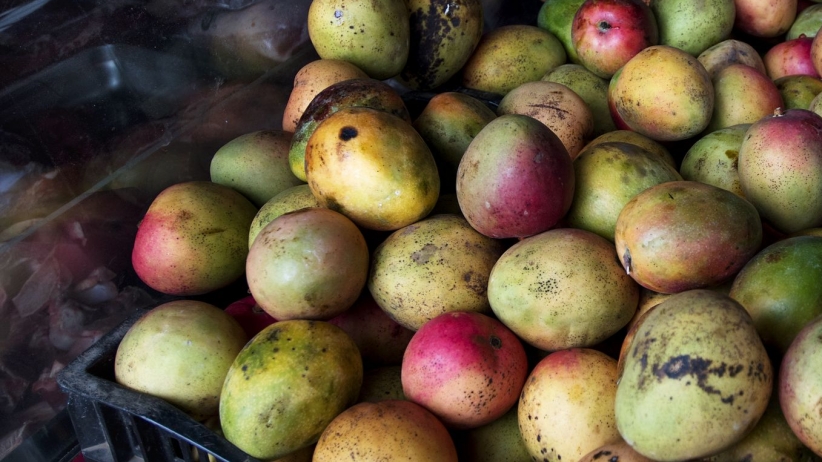
Due to an abundance of natural resources and a successful tourist industry, Fiji has one of the most developed economies in the South Pacific. Yet, despite its above-average economy, as many as 25 percent of Fijians live below the poverty line.
Fijian fruit vendors know all too well that their ability to support themselves and their families is dependent upon their ability to peddle produce. So, each morning they line up amongst the other vendors, hoping to sell enough fruit to, in turn, purchase other goods.
Several years ago, I had the opportunity to work with a not-for-profit organization whose mission was to assist individuals, such as those in Fiji, fight poverty. Each year, the organization sent hundreds of volunteers — most of them college students — to various locations throughout the globe to work with locals on various development projects. One of their areas of focus was teaching basic business concepts so Fijian fruit vendors and others were able to support themselves more effectively.
As I discussed areas of success and possibilities for improvement with these volunteers, they told me about a key concept they had learned from the villagers when it came to business.
Upon arriving at the market, it quickly became apparent that all vendors of like products or produce situated themselves next to others selling very similar products. All banana vendors set up stands and carts next to other banana vendors, all fish vendors set up next to others selling fish and so forth.
As the volunteers worked with the mango merchants to help them become more effective, they taught the vendors a basic concept which was, surprisingly, a new piece of knowledge — that of differentiation.
The concept of differentiation was basic to most of the young volunteers, who grew up in the U.S. After all, everyone knows that you don’t build a McDonald’s restaurant next to another McDonald’s, right? You must find a way to differentiate yourself from…

